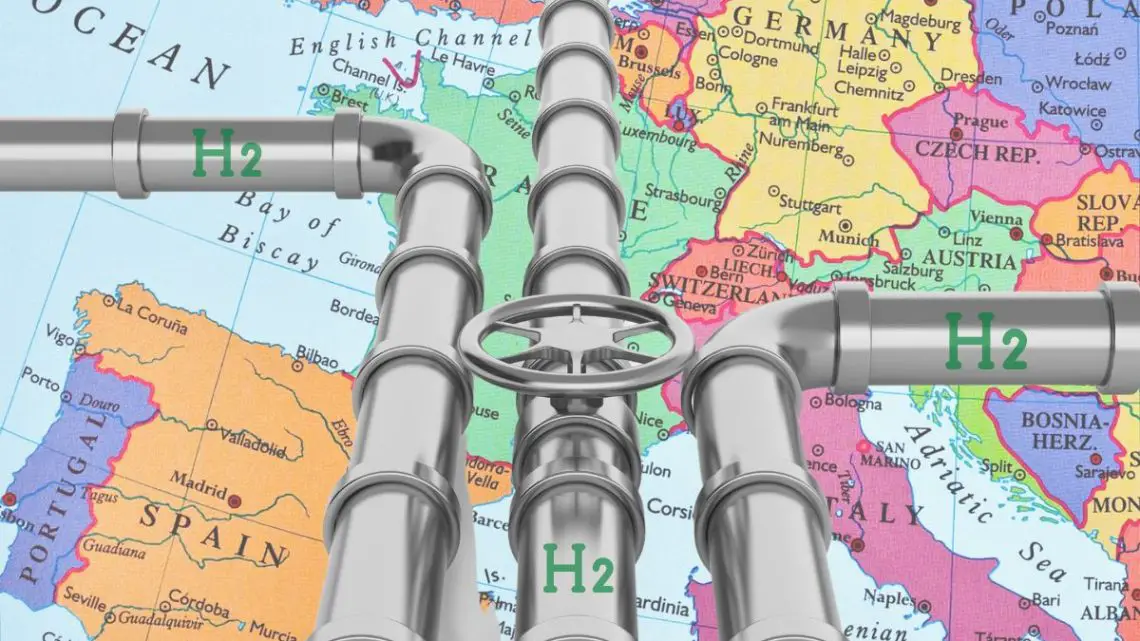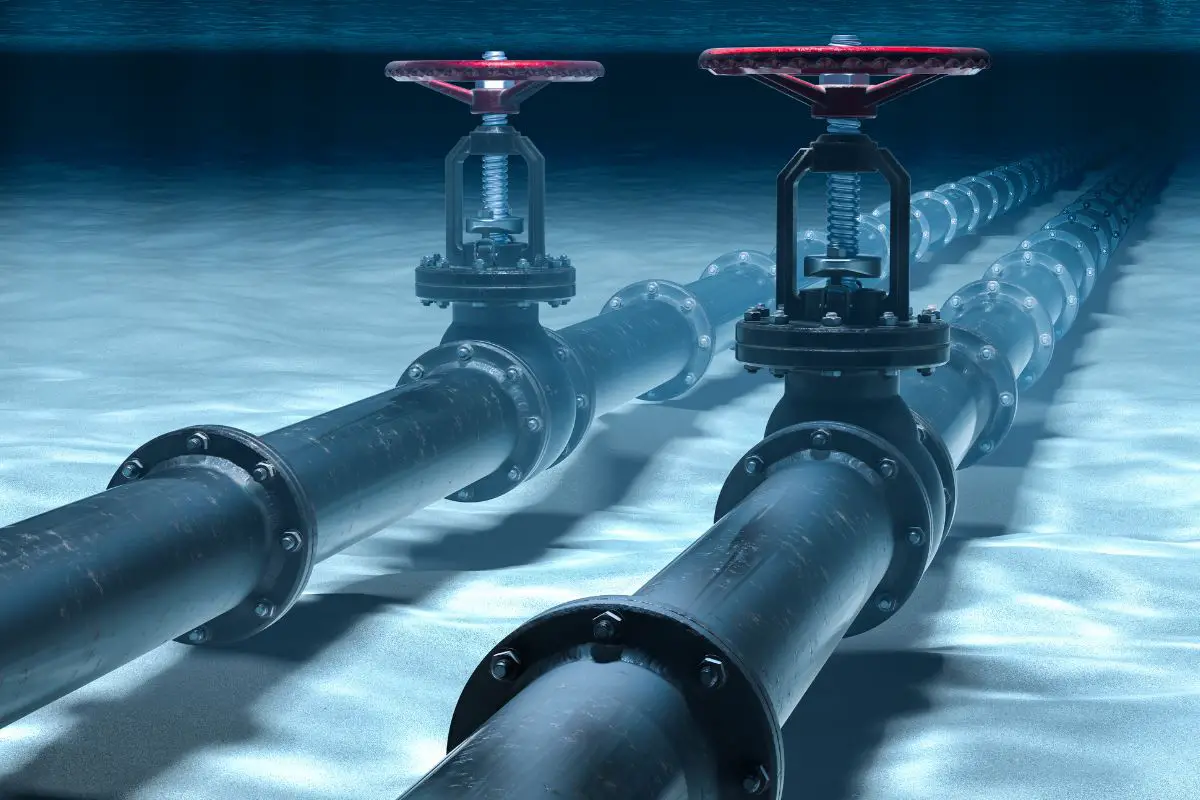
European hydrogen pipeline project receives new partner
January 26, 2023Germany to take part in the H2Med project.
The hydrogen pipeline project known as H2Med, which was initially a pipeline to be built by France, Portugal and Spain, will now include Germany, according to the Franco-German declaration at the 60th anniversary of the Élysée Treaty.
The pipeline will transport clean gas from the Iberian Peninsula to the rest of Europe.
The hydrogen pipeline runs under the Mediterranean Sea and will transport green hydrogen from south-western Europe to the rest of Europe. The hydrogen that will be added to the pipeline will be produced from water electrolysis powered by renewable energy.

According to the Spanish government, the H2Med project is expected to supply an estimated two million metric tons of hydrogen every year, supplying about 10% of the European Union’s hydrogen demand by 2030.
The hydrogen pipeline project is part of Europe’s plan to become more energy independent.
Europe has been scrambling to lower its dependence on Russian energy and is working to shift from fossil fuels to cleaner energy. Germany and France, in particular, are committed to hydrogen development.
According to German Chancellor Olaf Scholz and French President Emmanuel Macron, the two countries are boosting their investments in the technologies of tomorrow, especially in low carbon and renewable energies.
After hosting Scholz in Paris, Macron stated that the two leaders started to discuss a strategy for what they want to do on an “energy point of view.”
Scholz said that they want hydrogen to be the gas of the future, with hydrogen at affordable prices and available in large quantities.
“This is a technological advance that we can only achieve together,” Scholz added. “And we have also agreed closely that we want to achieve this together.”
As for Germany joining the hydrogen pipeline project, the Spanish Prime Minster Pedro Sanchez commented in a Twitter post that it strengthens the project’s “pan-European dimension” and shows support for European energy independence.
Back in December (2022), when Madrid, Paris and Lisbon agreed to build the pipeline, the expected cost was €2.5 billion ($2.6 billion). It is not yet known what the cost will be now that Germany has joined the project. The hydrogen pipeline is expected to be operational by 2030.



 With over 15 years of reporting hydrogen news, we are your premier source for the latest updates and insights in hydrogen and renewable energy.
With over 15 years of reporting hydrogen news, we are your premier source for the latest updates and insights in hydrogen and renewable energy.